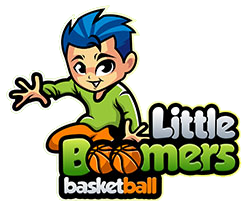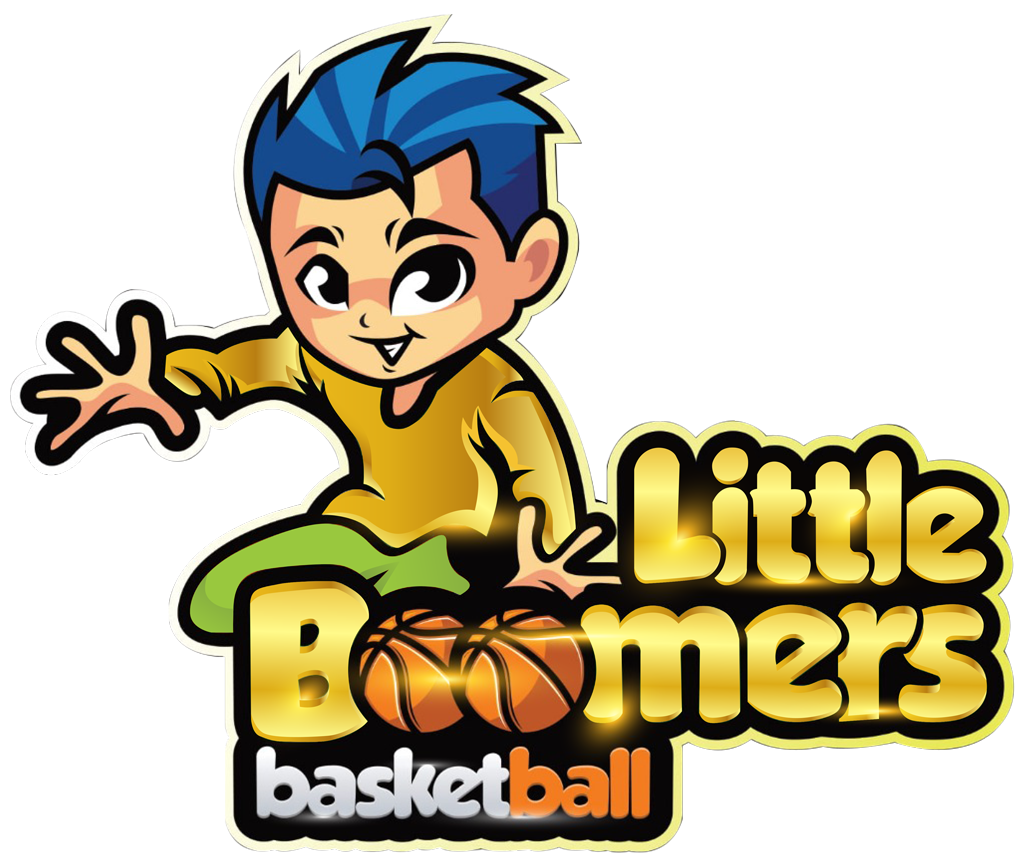How Sport Psychology Helps Young Athletes
Only decades ago, most people viewed the burgeoning field of psychology as a field of study laden with pseudoscience and unsubstantiated theories — because, in many ways, it was. To this day, many doubt the practical effects that therapy can have. Today, men in Australia are 30% less likely than women to seek help for mental health problems such as depression and anxiety. However, modern psychology has advanced to a point where it very clearly works. Additionally, experts utilise psychology to improve several industries, including advertising, social media design, and in recent years, sports.
What Is Sport Psychology?
The American Psychological Association defines sport psychology as “a proficiency that uses psychological knowledge and skills to address optimal performance and well-being of athletes, developmental and social aspects of sports participation, and systemic issues associated with sports settings and organisations.” In other words, psychologists speak with players, parents, coaches, and administrative staff to identify problems and help solve them.
However, sport psychology doesn’t only help solve the problems we see in the headlines, like player abuse. While it’s no question that abuse exists in sports (a study conducted by the University of Toronto found that psychological abuse was the most common form of maltreatment among athletes), the mental health of an athlete can still suffer even in a healthy environment with supportive coaches, parents, and teammates. So how can sport psychology help identify and treat players who might be suffering due to their athletic aspirations?
Athletes and Mental Health Struggles
In a 2015 study conducted by the Australian National University’s Centre for Mental Health Research, researchers found that of the 224 elite athletes surveyed, 46.4% were actively dealing with a mental health issue. These issues included depression, eating disorders, social anxiety, and panic disorder. Many of us view the life of an athlete as challenging and physically demanding but ultimately glamorous. However, the truth can be very different.
A broader 2018 study of the general population conducted by the National Health Survey found that 1 in 5 Australians were dealing with a mental or behavioural condition of some kind. In other words, athletes seem to be suffering from mental conditions much more than the average Aussie. Now, concluding statistics such as these can be misleading if you’re not a medical professional. However, it doesn’t seem ludicrous to suggest that athletes (especially at the professional level) might be dealing with higher levels of mental and physical stress than the average bloke, which can cause feelings of depression and anxiety.
However, these are elite athletes we’re talking about — surely it isn’t the same for child and teenage athletes who occasionally participate in sports, right? Anyone can look at the average amount of physical exercise that Australian youths partake in and see that this activity level is much less regular and intense than a professional athlete. However, student-athletes are usually young, with developing minds and bodies, and kids can have a lot of different responsibilities: school, chores, church, social clubs, time with friends, etc. Adding a regular sports schedule on top of these could cause children to experience struggles with their mental health.
So Where Does Sport Psychology Come In?
Like any therapist, talks between patients and doctors are strictly confidential, so a player can open up about feeling mistreated — for example, by a coach or staff member. They can also generally talk about their feelings and what motivates them to participate in sports. The primary goal of a sport psychologist is to help athletes perform better, whether that’s by developing healthy fitness routines, identifying the areas they struggle with or finding deeper issues that may affect performance.
When you were a kid, do you remember watching a rugby game or sports news with your family and seeing your out-of-shape dad snort at the screen, remarking on how he can do better than the world-class athletes televised in front of him? Don’t boost his ego by telling him this, but he’s probably right — to a degree. Many non-professional athletes perform Herculean feats in pickup football games or monthly tennis tournaments. However, the pressure of doing so when it’s your profession is very different. Sinking shot after shot in a televised basketball game is much different from doing so in your driveway.
Many different factors can cause stress in athletes, especially young ones, so sport psychologists can work to aid players in overcoming the strain they undergo when participating in sports. Practical tools that a psychologist might suggest could include lessened practice times, less intense training regimens, more varied diets, or just taking a break from competition to see if athletes feel better. Each problem is unique, so there’s no single solution to fixing mental health issues. It’s up to the professionals to root those out.
Our Philosophy at Little Boomer’s
By working with accredited sports and exercise scientists from the University of Technology Sydney, we’ve established several basketball programs for children aged 3-12. We don’t focus on competition in these programs. Instead, our primary goal is to teach the game of basketball, showcase the fun of maintaining a healthy, active lifestyle, and foster a loving, familial environment that will make kids want to keep coming back. To learn more about our programs and what we offer, feel free to explore our website or contact us at:
Phone: 1300 702 719
Email: [email protected]

